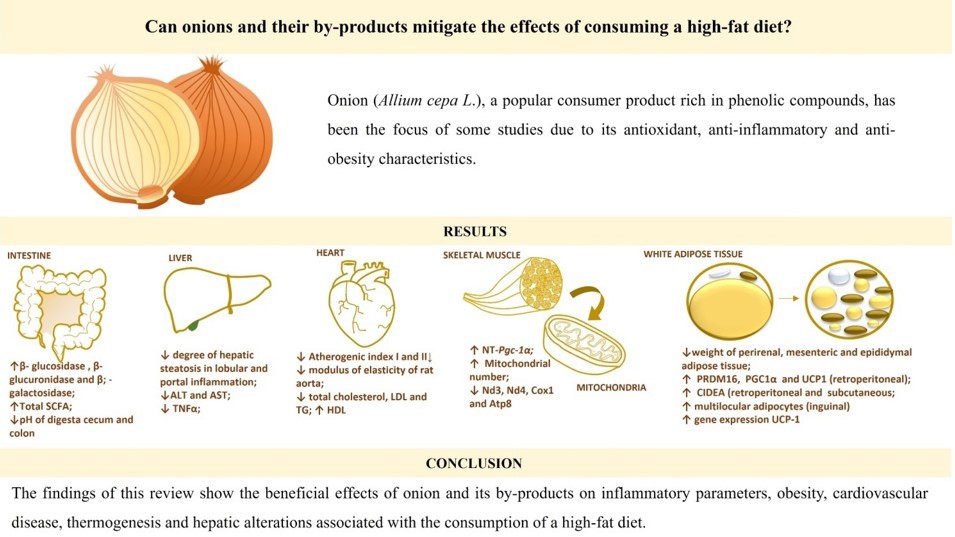Research on onion-derived exosomes holds the promise of bringing innovative applications and solutions to the fields of medicine, drug delivery, healthcare, and skincare. Creative Biolabs has the capability to assist clients in gaining a deeper understanding of onions.
Onions are a versatile and nutrient-rich superfood that offers a wide range of health benefits.
In addition to their nutritional value, onion extracts offer versatile applications:
Based on the above content, exosomes derived from onions may contain a variety of bioactive molecules, and these molecules may have a plethora of untapped therapeutic potentials that warrant further investigation.
Title: Onion (Allium cepa L.)-derived nanoparticles inhibited LPS-induced nitrate production, however, their intracellular incorporation by endocytosis was not involved in this effect on RAW264 cells.
Research Objective: To evaluate the effectiveness of onion-derived exosomes as anti-inflammatory agents.
Research Methods:
-
Onion-derived exosomes were extracted from onions using techniques such as ultracentrifugation and filtration, and their physical properties, including particle size and composition, were analyzed.
-
The contents of onion-derived exosomes were analyzed through nucleic acid electrophoresis, protein staining, and high-performance liquid chromatography.
-
Onion-derived exosomes were added to the culture medium of RAW264 cells to assess their cytotoxicity and their impact on nitrate production induced by bacterial lipopolysaccharides (LPS).
-
Onion-derived exosomes were labeled with PKH26 fluorescent dye to observe whether they were taken up by cells and to study the mechanism of cellular internalization by adding different endocytosis inhibitors.
Research Results:
-
Onion-derived exosomes contain proteins, miRNA, and flavonoid compounds, with quercetin and its glycosides being the main flavonoids.
-
Onion-derived exosomes significantly inhibited nitrate production in RAW264 cells induced by LPS without causing cytotoxicity. The anti-inflammatory effect was concentration-dependent and remained effective at low concentrations.
-
Inhibition of endocytosis did not completely prevent the incorporation of onion-derived exosomes and their inhibition of nitrate production induced by LPS. This suggests that the anti-inflammatory effect of onion-derived exosomes is not mediated through an endocytic mechanism.
Conclusion: Onion-derived exosomes exhibit anti-inflammatory properties, and their anti-inflammatory effect is not mediated through endocytosis. This implies that consuming minimally processed onions may provide effective anti-inflammatory benefits without compromising the structural and functional integrity of these exosomes.
 Fig.1 Onions and their by-products mitigated the effects of consuming a high-fat diet in different organs, tissues, and cells.1,2
Fig.1 Onions and their by-products mitigated the effects of consuming a high-fat diet in different organs, tissues, and cells.1,2
Plant-Derived Exosome Isolation
Plant-Derived Exosome Identification
High-Throughput Screening Analysis (Proteins, RNA, Lipids and Metabolites)
Large-Scale Production of Plant-Derived Exosomes

 Fig.1 Onions and their by-products mitigated the effects of consuming a high-fat diet in different organs, tissues, and cells.1,2
Fig.1 Onions and their by-products mitigated the effects of consuming a high-fat diet in different organs, tissues, and cells.1,2









